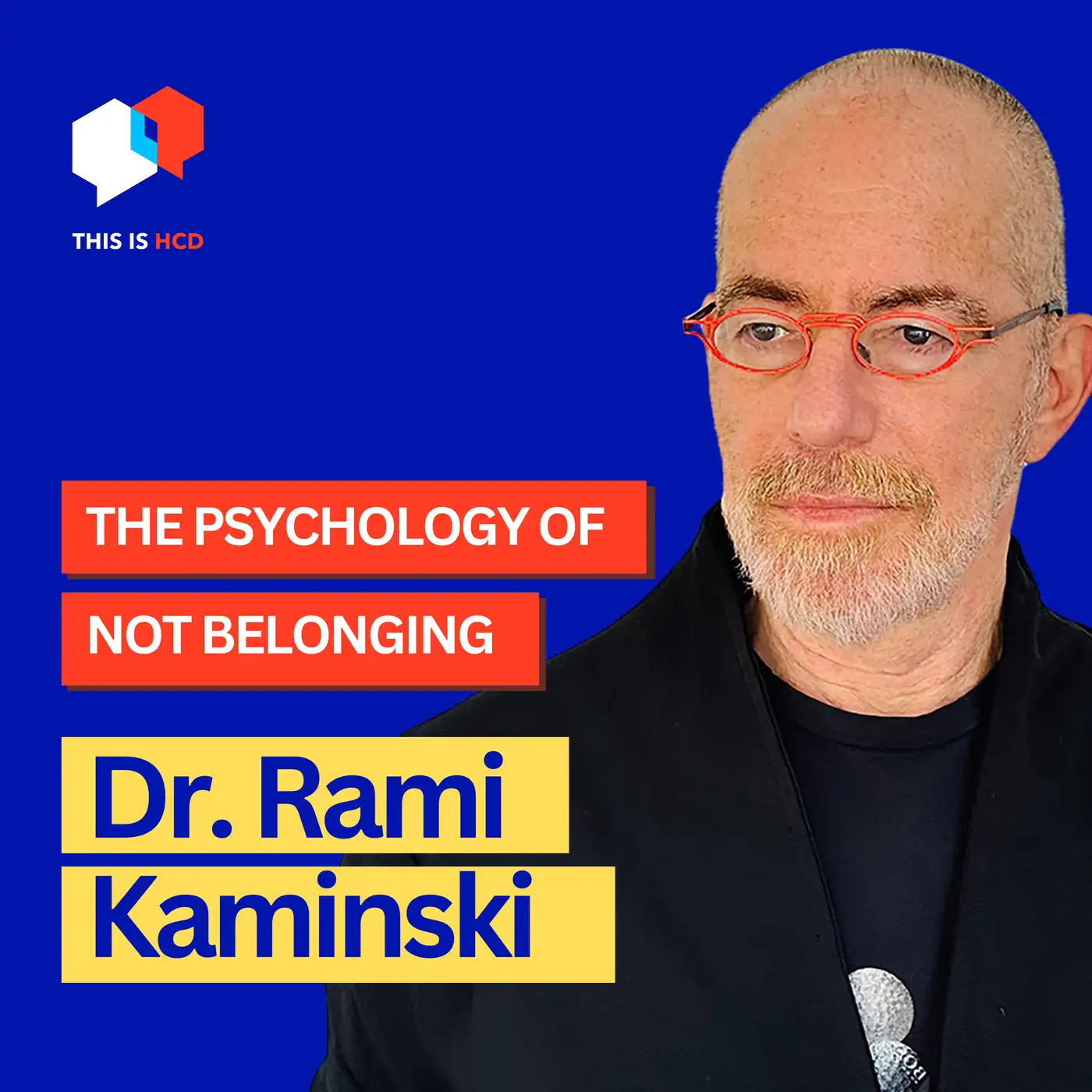🎉 Gerry Scullion is writing a new book 'This is Human Centered Design' with BIS Publishers. Want to get early access, share your feedback, and submit a case study to be featured in the book?
This transcript was created using the awesome, Descript. It may contain minor errors.
Here's our last three episodes from This is HCD.


